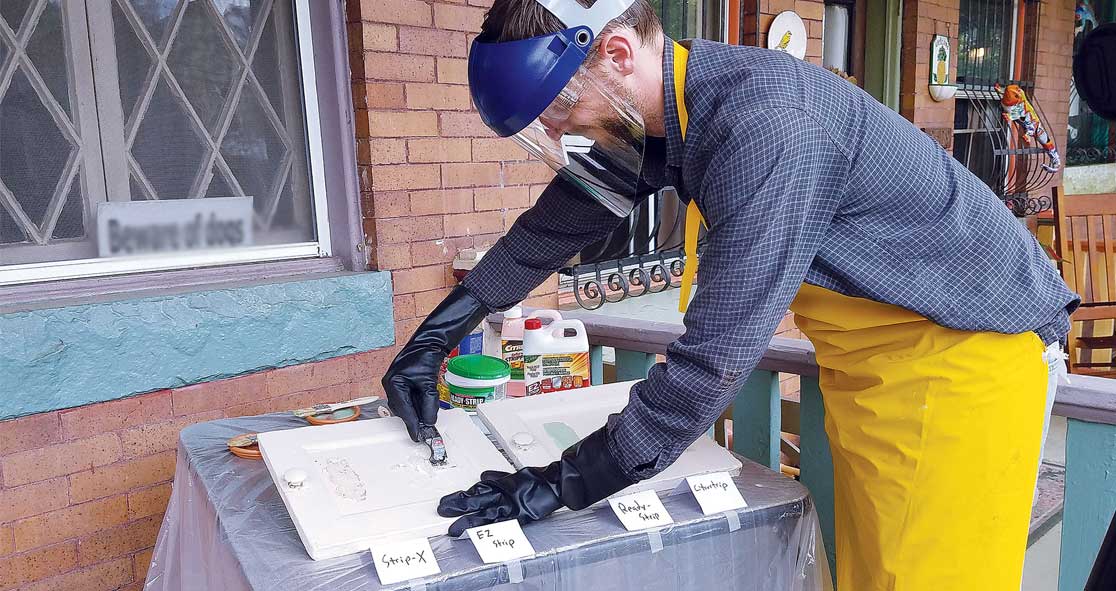Premature deaths among workers who are using methylene chloride paint strippers are on the rise, according to researchers from the Occupational Safety and Health Administration (OSHA) and UC San Francisco.
Methylene chloride is widely used in paint strippers, cleaners, adhesives and sealants.
There have been 53 deaths associated with methylene chloride from 1980 to 2018, according to the Environmental Protection Agency (EPA).
The new study, which was published Monday in JAMA Internal Medicine, identified 85 deaths over the same period, with 87% of them occurring in occupational settings.
The study authors have urged the EPA to limit the use of the chemical and prevent future deaths.
Lead author Annie Hoang of UCSF said, “It is unacceptable that these workers died simply because they were doing their job. I hope the EPA will do its job to protect our workers and save lives.”
The investigators believe that methylene chloride fatalities are undercounted in the United States due to fragmented public health reporting, according to Science Daily.
Study author Dr. Kathleen Fagan of OSHA said, “Based on our findings, workers are still at risk from methylene chloride products. Health care providers have a critical role to play in preventing deaths by counseling at-risk patients on risk reduction and providing resources on safer alternatives to methylene chloride.”
The researchers said fatalities due to the chemicals continued during that time, with more deaths tied to the use of paint stripping products.
Most of the deaths (nearly 94%) were reported in men. Of the 85 deaths, in 70 cases, the median age was 31, according to the authors. They said deaths are on the rise even after regulatory efforts to address the toxicity of methylene chloride for workers, especially in occupational settings.
The study findings suggest that the agencies should take preventive steps by using safer substitutes and providing personal protective equipment to workers.
Senior author of the study Dr. Veena Singal of the Natural Resources Defense Council said, “Safer alternatives to methylene chloride are available and in widespread use. The science is clear. It is past time to eliminate this deadly chemical and prevent any further tragic loss of life.” The article was published in Science Daily.





















